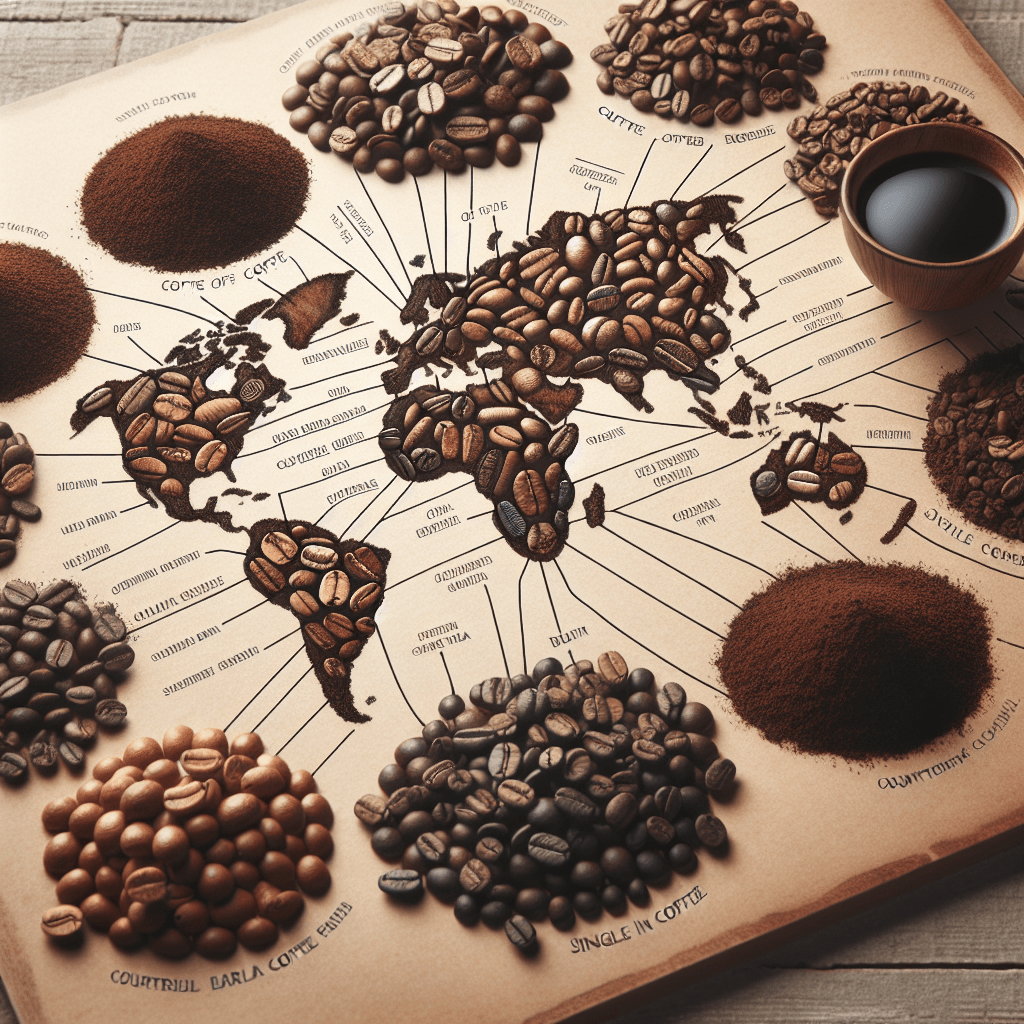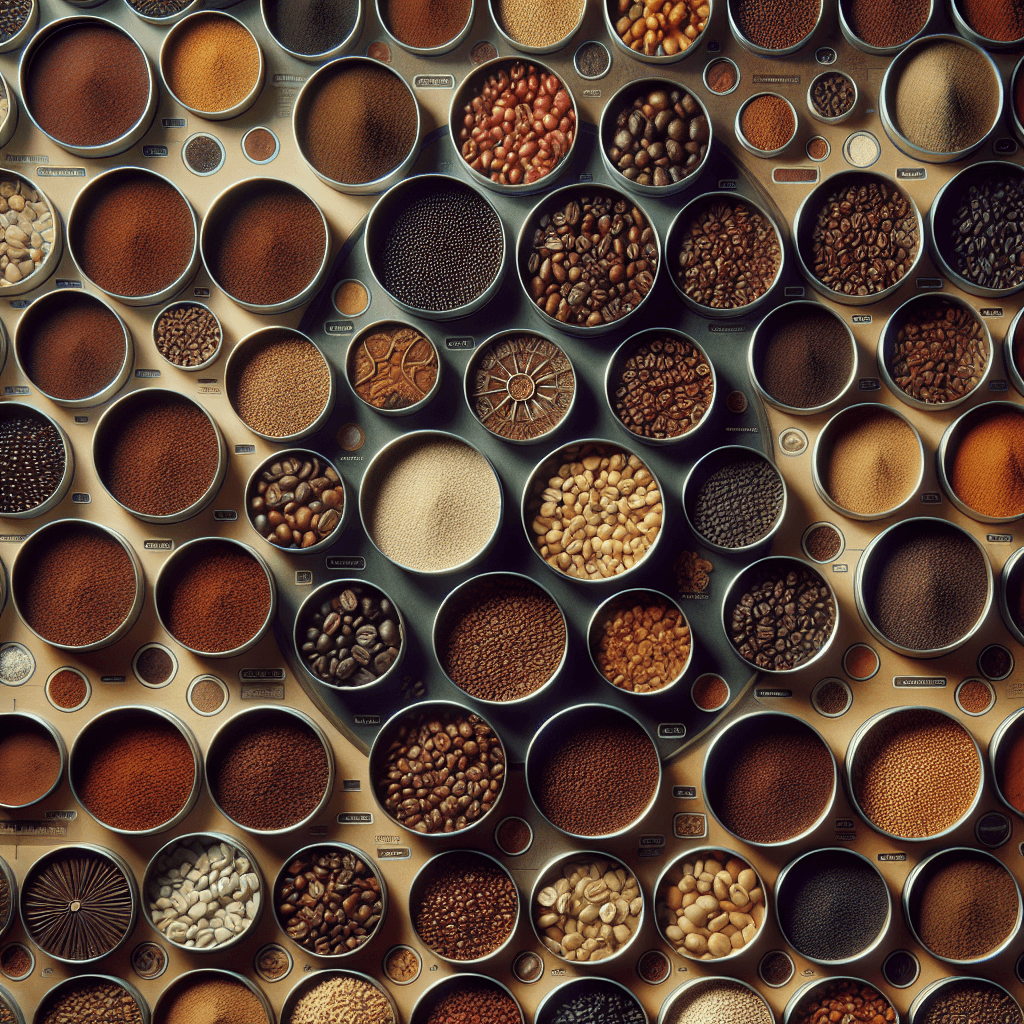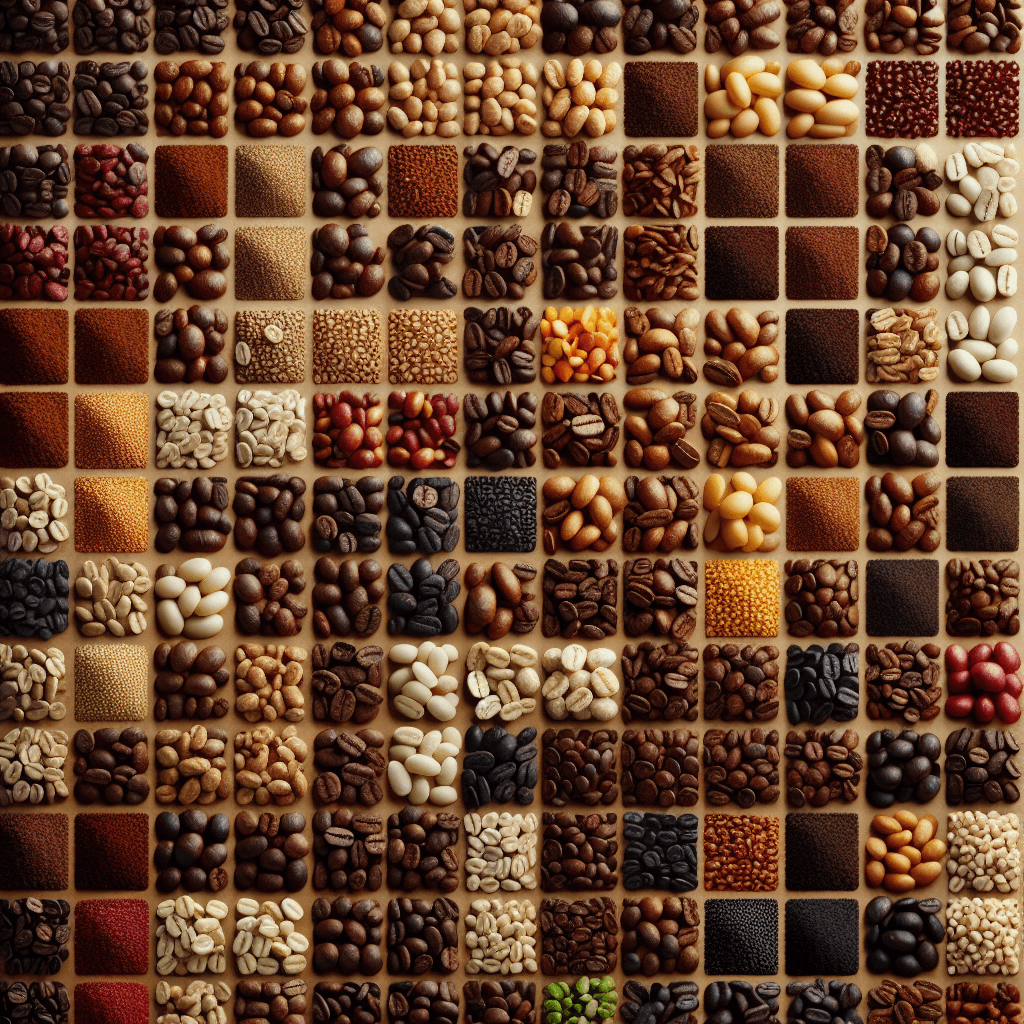Decoding Roast Profiles for Single-Origin Coffee
Introduction to Ethiopian Single-Origin Coffee
When we think about the worlds best tasting coffee, Ethiopia is rarely the first country that comes to mind. Ethiopia, however, is not only known as the 'birthplace of coffee', but is also acclaimed for its exceptional single-origin coffee beans. In this blog, we are going to take a deep dive into Ethiopian coffee, its origins, and why it is a popular choice among coffee lovers across the globe.
Unfolding the Origins of Ethiopian Coffee
Believe it or not, the beverage that's so integral to our mornings and work breaks, comes from a simple bean discovered in the 9th century, by a goat herder named Kaldi, in the forests of the Kaffa region of Ethiopia. This fascinating tale of discovery is not just a feast for the ears but gives Ethiopia its well-acclaimed title as the 'birthplace of coffee'.
Single-Origin Coffee: A Brief Overview
Before we delve deeper into the nuances of Ethiopian coffee, let us understand what single-origin coffee means. As the name suggests, single-origin coffee comes from a single geographical location. It could be a particular country, a specific region within a country, or even a single farm. The uniqueness of single-origin coffee stems from the fact that every geographical location imparts a distinct taste and aroma to the beans, shaped by the local climate, soil, and farming methods.
Why Ethiopian Single-Origin Coffee Stands Out
Enriched by the fertile soils of the Ethiopian highlands and nurtured by a climate perfect for coffee cultivation, Ethiopian coffee beans owe their unique flavor and aroma to their origins. These beans produce coffee with light to medium body and high acidity, often with a deep, wine-like aroma and a hint of wildness in the finish. Don't be surprised if you detect subtle notes of blueberry or milk chocolate!
The Varieties of Ethiopian Single-Origin Coffee: A Quick Tour
Ethiopia is home to two primary types of coffee: Arabica and Robusta. The former, grown in the shades of the highland forests, is delicate, with a tantalizing hint of sweetness. Robusta, grown at lower altitudes, is more robust and gives a stronger caffeine kick.
Daily Grind Tip
To truly savor Ethiopian coffee, go for the whole beans and grind them right before you brew. Remember, the secret lies in the grind. Too fine, and you might end up with a bitter taste. Too coarse, and the coffee may taste weak and under-extracted. So invest in a good grinder and unlock the true potential of your beloved beans!
This one may be a lot to 'espresso', but remember that life happens and coffee helps. So take a 'latte' care of yourself and keep 'brewing' happiness every day. As the great Ethiopian proverb goes, "Coffee and love taste best when hot."









